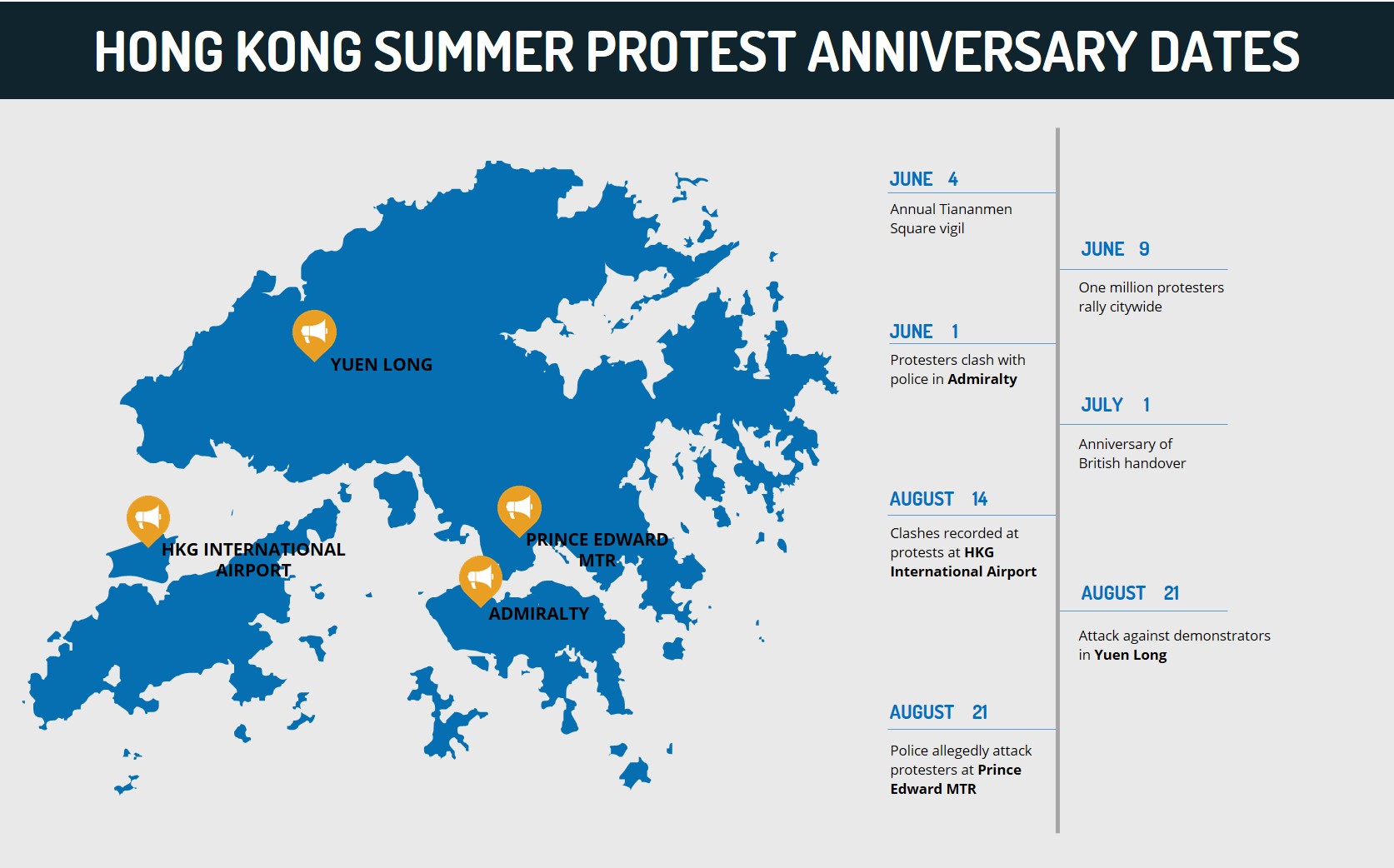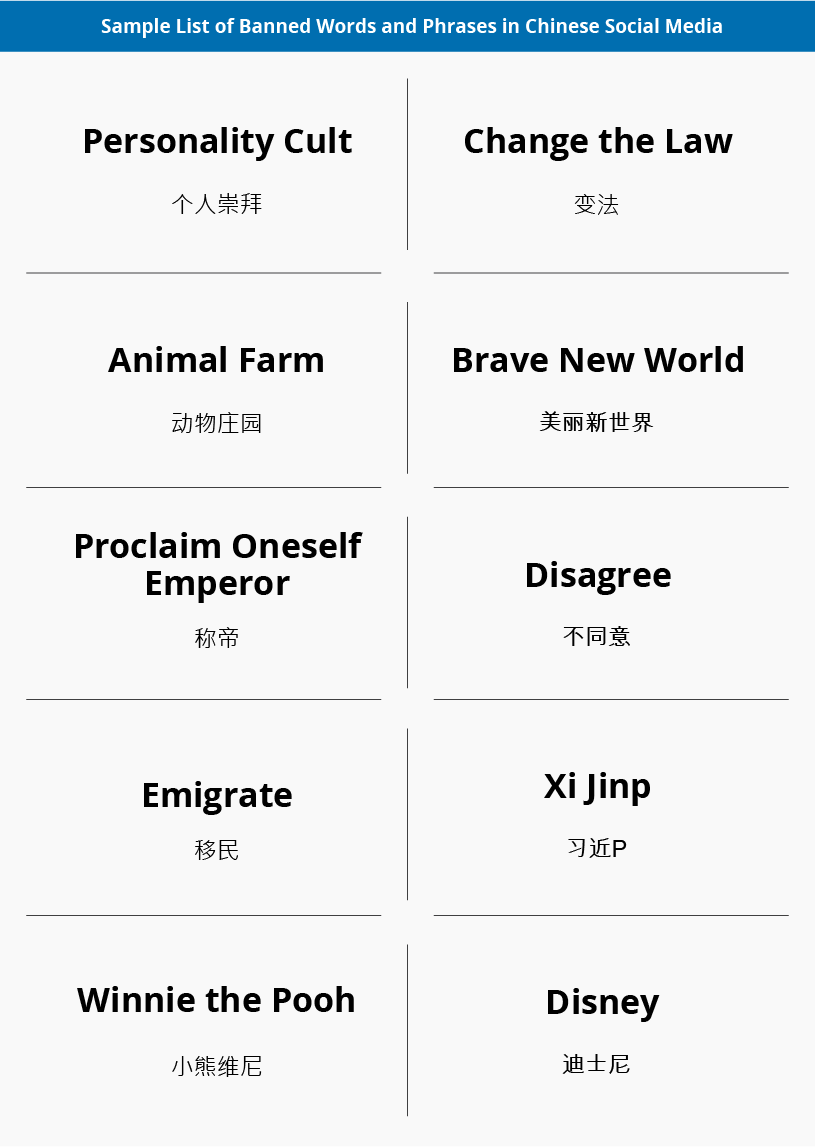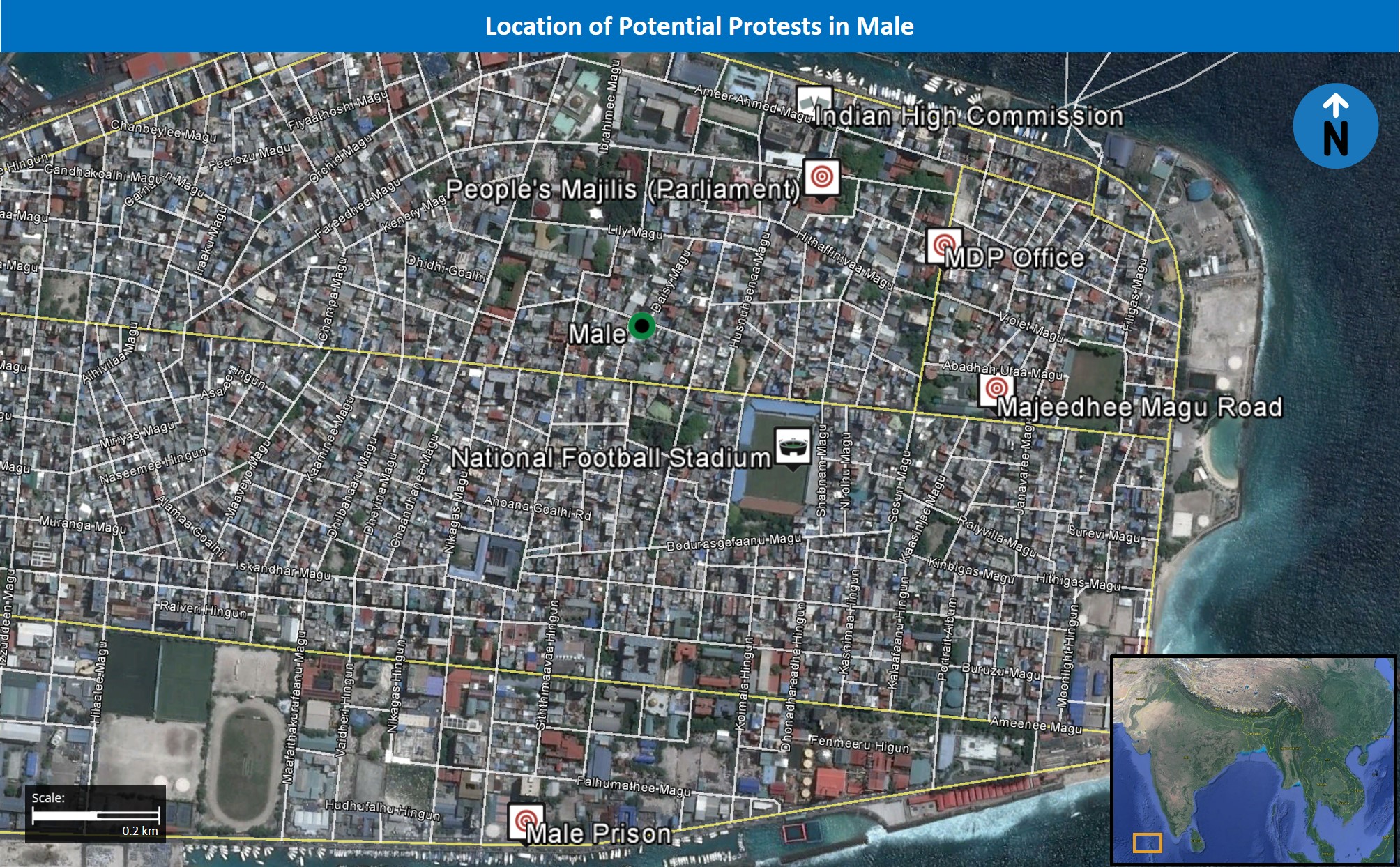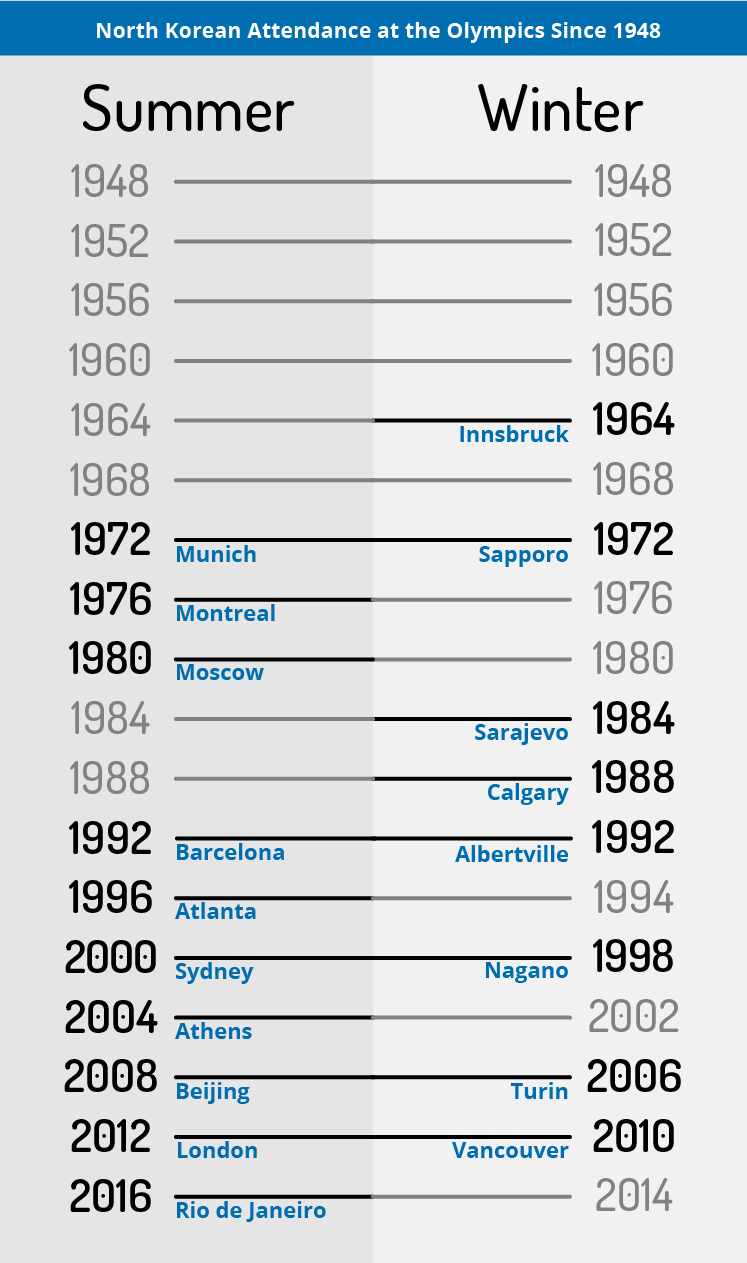Executive Summary
- The military’s (Tatmadaw) escalating crackdown on anti-coup activists has been increasingly met with protester violence and the formation of organized armed groups. This will continue prompting a forceful response, ensuring the nationwide instability persists.
- The resurgent conflicts between the Tatmadaw and several ethnic armed organizations (EAOs) are liable to intensify over the coming months, especially in the states of Chin, Karen, Kachin, Rakhine, and Shan. Meanwhile, fighting among EAOs can also be expected as groups vie for territory.
- The ongoing EAO conflicts have the potential to create a serious refugee crisis that is liable to sustain concerns among Myanmar’s neighbors, none of which are likely to accept refugees.
- It is advised to avoid all travel to Myanmar due to the extreme risk of civil unrest and political instability. Those currently residing in Myanmar are advised to evacuate at the earliest possible convenience and remain updated on potential port and border closures.
Background
- In August-September 1988, the 8888 pro-democracy movement demonstrated against the country’s one-party totalitarian government, ruled by the Burma Socialist Programme Party (BSPP) since 1962. On September 18, 1988, the Tatmadaw seized power, repealed the constitution, and declared martial law, ruling under the newly-formed State Law and Order Restoration Council (SLORC). Former State Counsellor Aung San Suu Kyi gained significance as a leading opposition figure during this time.
- In 1990, the Tatmadaw arranged a general election and Suu Kyi’s National League for Democracy (NLD) won by a significant majority. The Tatmadaw refused to recognize the results and continued to rule under the SLORC.
- A series of protests and demonstrations, dubbed the Saffron Revolution, broke out in late 2007 in response to the Tatmadaw’s decision to remove state subsidies for fuel. Ultimately, the movement expanded to cover a host of issues including agitating for democratic representation.
- The Tatmadaw proposed a new constitution that was passed by a public referendum in 2008. Under the new constitution, the military would retain significant control over the government with 25 percent of parliamentary seats reserved for serving military officers. The Home, Border Affairs, and Defense ministries were also reserved for serving military officers.
- In 2015, Myanmar held its first openly-contested general elections since 1990. Suu Kyi’s NLD won by an overwhelming majority, while the military-aligned opposition Union Solidarity and Development Party (USDP) only managed to win 6.8 percent of the vote. The 2020 general elections resulted in a similar outcome with the NLD winning over 60 percent of the vote and the USDP only winning three percent. This was disputed by the Tatmadaw and the alleged election irregularities ultimately informed the military’s decision to initiate a coup.
Current Situation
- On February 1, the Tatmadaw detained former State Counsellor Aung San Suu Kyi and much of the country’s civilian leadership before declaring a state of emergency for one year, effectively seizing control of the entire government. Protests started almost immediately with participation in the millions at nationwide rallies.
- On February 4, the ten ethnic armed organizations (EAOs) who signed the Nationwide Ceasefire Agreement (NCA) pledged to support the military despite the coup. However, by February 10, the NCA signatories suspended political dialogue with the Tatmadaw. The Arakan Army (AA) was delisted as a militant group on March 10.
- On April 2, the Tatmadaw shut down all mobile data and wireless broadband internet, leaving only fixed-line connections remaining and cutting off the majority of the country’s population from internet connectivity. Previously, nightly shutdowns had become a regular occurrence.
- By April 4, the NCA signatories pledged to support the protest movement and the Committee Representing Pyidaungsu Hluttaw (CRPH), which was established by deposed lawmakers. The CRPH and an array of other anti-military groups formed the alternative National Unity Government (NUG) on April 16.
- On May 5, the NUG announced the formation of the People’s Defense Force (PDF), an armed group created to oppose the Tatmadaw, claiming that the PDF was a precursor to the formation of a federal army.
- According to the Assistance Association for Political Prisoners, a non-profit group, 780 protesters have been killed in the violence and the Tatmadaw has arrested 3,826 more as of May 10.
Assessments & Forecast
Protest movement liable to be maintained as resistance efforts escalate, further government crackdown expected
- The protest movement is still largely peaceful, particularly in major cities. However, incidents of organized protester violence have rapidly increased over recent weeks, especially as the military’s response has intensified, with reports of townships and villages forming civilian defense groups and militias. Protesters have reportedly used grenades, shotguns, improvised petrol bombs, and knives to combat the Tatmadaw’s crackdown and have more recently instigated preemptive attacks on security assets. These incidents have been particularly prevalent in the regions surrounding Mandalay. Similar civilian militias are being formed in Chin state and have had varying degrees of success against the military, underscored by a Chinland Defense Force (CFD) attack in early April against the Tatmadaw, in which 15 soldiers were killed.
- FORECAST: Over the coming weeks, protester and military violence is expected to escalate and more groups are expected to be formed in townships and villages as civilians look to combat the military’s crackdown. Considering the widespread geographic nature of the protest movement, further violent incidents are expected to occur nationwide. Unrest can primarily be expected in the cities of Yangon, Mandalay, Sagaing, and Bago and Shan, Chin, Kachin, and Mon states.
- The NUG’s formation of the PDF may represent the largest single opposition force to the Tatmadaw, especially considering that it is also looking to cooperate with EAOs. That said, the PDF’s capabilities and scope are unclear. The potential for a unified force could be hampered by deep divisions between EAOs and NLD members who make up a significant portion of the NUG, as well as the disparate aims of the participating groups. FORECAST: The Tatmadaw will crack down on citizens cooperating with the NUG and the PDF, seen in its designation of these groups, as well as the CRPH, as ‘terrorist organizations,’ especially as the delegitimization of these groups is the Tatmadaw’s primary objective in the immediate term. However, the military’s attempt to undermine the groups’ legitimacy is unlikely to have much impact.
- Protesters increasingly view China as supporting the Tatmadaw, exacerbated by Beijing’s refusal to recognize the military takeover as a coup and its stymying of international efforts, including at the UN, to explicitly condemn and sanction the junta. As such, some protesters have committed arson attacks against Chinese-owned factories in Yangon over recent weeks. This was witnessed by a suspected arson attack at the Chinese-owned JOC Garment Factory on April 7 and multiple instances of Chinese flag burning. This was most recently demonstrated by a deadly attack on three security guards at a Chinese-owned oil pipeline outside Mandalay on May 5. FORECAST: As long as China is seen as supporting, or at least demonstrating ambivalence to, the coup, instances of anti-China violence are liable to rise over the near term, especially considering Beijing’s permanent role on the UN Security Council. This could manifest as protests or vandalism, but considering China’s vocal concerns for its economic interests in the country, protesters are likely to increasingly target these assets.
- FORECAST: The Tatmadaw’s internet restrictions are likely to persist, given that the government views the shutdowns as a tool to combat anti-government protests and activists’ organizing capabilities. Although the April 2 shutdown cut off most of the country’s population from internet connectivity, more severe outages can be expected. This was underscored by April 5 reports that residents of Kalay in the Sagaing region no longer had access to fixed fiber internet. These are liable to be pinpointed in regions experiencing particularly heightened bouts of unrest rather than a nationwide blackout. This is especially likely in regions like Sagaing where the resistance movement is growing.
Tatmadaw’s conflicts with EAOs are likely to escalate and exacerbate the cross-border refugee crisis
- Although the Tatmadaw has been involved in extended conflicts with EAOs for decades, recent years have seen a relaxation of tensions with some groups, especially following the signing of the NCA in 2015. However, the AA was not a signatory of the NCA and was still fighting a relatively intense conflict with the Tatmadaw until late 2020 when the two groups opened negotiations. Following the February 1 coup and the commencement of the protest movement, some of these long-term conflicts have resumed, seen by the substantial campaigns now being waged by the KNLA (an NCA signatory), the KIA, and the AA. These are being met with substantial Tatmadaw resources and force. Considering that the tangle of conflicts within Myanmar has been at a relatively low intensity despite the multitude of agreements and talks, it is likely that the EAOs have sensed a window of weakness for the Tatmadaw. This is especially as the military has been preoccupied with the ongoing protest movement, as the EAOs may perceive the current state of affairs as an opportunity to expand their influence and territory in peripheral states.
- However, as has been demonstrated by Tatmadaw airstrikes on KIA positions in Karen State, the military’s unilateral ceasefire from April 1-30 did not hold. Pauses in fighting are unlikely, especially considering the NCA signatories’ pledge to back the NUG. This is underscored by the Tatmadaw’s insistence that the ceasefire does not apply in instances where security and governance mechanisms are threatened. FORECAST: These campaigns will continue, especially in view of the significant military gains that the KNLA, KIA, and other EAOs have achieved in recent weeks. The Tatmadaw has already demonstrated its willingness to forcefully respond after conducting the first airstrikes in 20 years, specifically in Karen State during the last days of March and through April-May. In this light, heavy Tatmadaw losses reported over recent weeks, including during clashes with members of the Northern Alliance in Kachin and Shan states from May 4-7, are likely to further buoy anti-military groups as the Tatmadaw increasingly looks like it is unable to reestablish control. Incidents like the KIA’s claimed downing of a Tatmadaw helicopter on May 3 will further embolden these outfits.
- The Tatmadaw’s clashes with EAOs will occur in politically fragile and conflict-ridden states, including Chin, Karen, Kachin, Rakhine, and Shan. Although many EAOs have joined forces to combat the Tatmadaw, there have already been instances of inter-ethnic conflict in Shan State as groups vie for territory. While these conflicts predate the current period of unrest, they have also been exacerbated by the instability.
- Amid the EAO conflicts and reports of thousands of refugees fleeing to Thailand and India over recent weeks, the sustained conflicts are liable to further the refugee crisis in the region. This is further underscored by the high likelihood that the Tatmadaw will look to target the Rohingya minority in Rakhine State, a group that has been heavily targeted by the military following a crackdown in 2017. The potential for displacement is liable to cause further concerns among Myanmar’s neighbors – Thailand, India, China, and Bangladesh. Reports of refugees being turned away from these countries have already been released by various humanitarian groups, while reports from China show that Beijing has placed its border region with Myanmar on high alert largely in a bid to block potential refugees looking to escape the fighting and to prevent a spillover of violence. These countries are unlikely to comply with international calls to aid refugees from Myanmar.
Recommendations
- Avoid all travel to Myanmar over the coming days due to the extreme risk of civil unrest and political instability.
- Those currently residing in Myanmar are advised to evacuate at the earliest possible convenience and remain updated on potential port and border closures.
- Those who are unable to evacuate are advised to stock up on adequate supplies of food, water, medicine, and any other essential goods for at least a week, and remain ready to evacuate the country, given the growing threat of violent civil unrest.
- Avoid all government buildings and protests due to the risks of violence by both anti-government protesters and security forces.
- Take necessary precautions, including ensuring that you have access to a prepaid Wi-Fi hub, mobile hotspot, or alternate internet system, due to anticipated disruptions.
- Those operating in Myanmar are advised to consult with us at [email protected] or +44 20-3540-0434.














